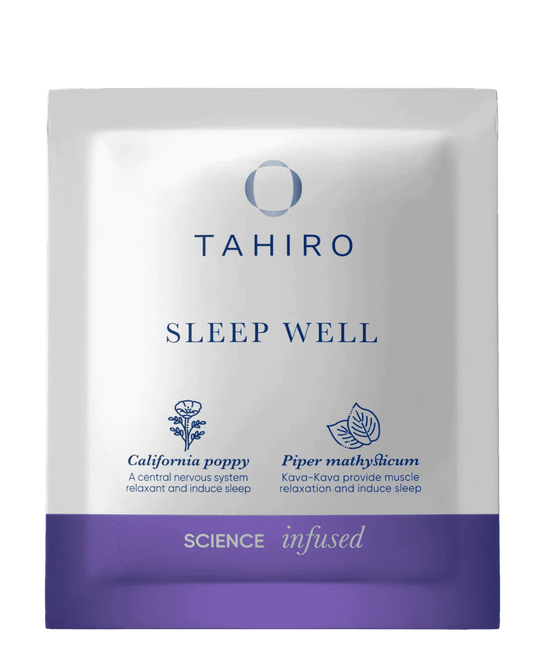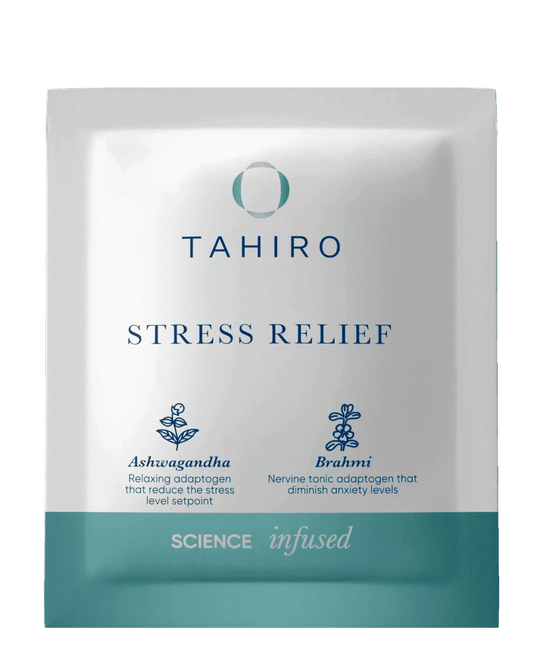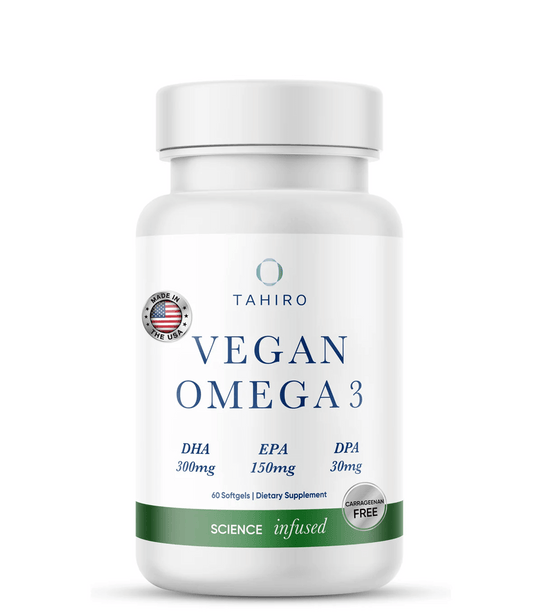Boosting your immune system is one of the most important steps you can take to enhance your overall health and guard against the threat of viral and bacterial infections. Now more than ever before, we have to find ways to optimize our health. One of the fundamental approaches to enhancing your wellbeing is to make sure your diet is healthy, filled with fresh whole foods, vitamins, and nutrients essential for a functioning immune system.
The first-time scientists discovered the connection between omega-3 fatty acids and the immune system was about 30 years ago. Today, there is an abundance of evidence that supports the initial findings and revealed mechanisms that this family of polyunsaturated fats uses to affect cells of both the innate and the adaptive immune systems.
Omega-3 fatty acids suppress inflammation
Although researchers do not fully understand how omega-3 fatty acids regulate immune function, they are heading in the right direction. Thanks to the hundreds of clinical studies in the medical literature, they are getting closer to understanding the relationship between omega-3s and the immune system.
While in the past, researchers believed that omega-3s simply suppressed inflammation due to the action of DHA and EPA, recent research shows a much more intricate connection.
Research shows omega-3s enhance immune cell function
In a recent review published in the Journal of Molecular Sciences, the authors examined the topic of omega-3s and the immune system in detail. They confirmed the importance of the role omega-3 fatty acids play in the functioning of the immune system. The review documented the various effects of omega-3 fatty acids on many immune cells, including cytokines, macrophages, T cells, B cells, natural killer cells, etc.
Another study came to a similar conclusion, busting the myth that the only positive effect of omega-3s is to reduce inflammation. A new report published in the April 2013 issue of the Journal of Leukocyte Biology showed that DHA-rich fish oil had an immune-boosting effect by enhancing B cell activity. This discovery was groundbreaking as it opened the doors to the use of omega-3s among those with compromised immune systems.
Omega-3s help the body go after invaders, such as viruses and bacteria
Macrophages are a type of white blood cells that play a critical role in eliminating foreign invaders or pathogens from your body. They patrol various organs in your body to go after pathogens and help fight them off. To mount an effective immune response, macrophages recruit other immune cells from both the innate and adaptive immune systems.
How do omega-3 fatty acids impact macrophage function? They do so by producing cytokines, which play a vital in the communication between immune cells. Omega-3s also help in the production of chemokines, which attract immune cells to the infected area. The main changes in the immune system are due to the DHA component of omega-3s.
Supplementing may be necessary to get adequate amounts of omega-3s
Omega-3 fatty acids play a critical role in supporting your immune system. They not only strengthen the immune cell walls but also help macrophages engulf pathogens and aid in eliciting a robust immune response when you encounter viruses or bacteria.
Sadly, most people consume only a fraction of the recommended daily dose of omega-3s, typically an amount that is insufficient to support optimal immune function. When you rely solely on dietary sources of omega-3 fatty acids, it may be challenging to ensure that you get adequate amounts. Seeking out the best forms of omega-3 supplements is essential for those looking to optimize their health.





